Meet Senator Diane Griffin
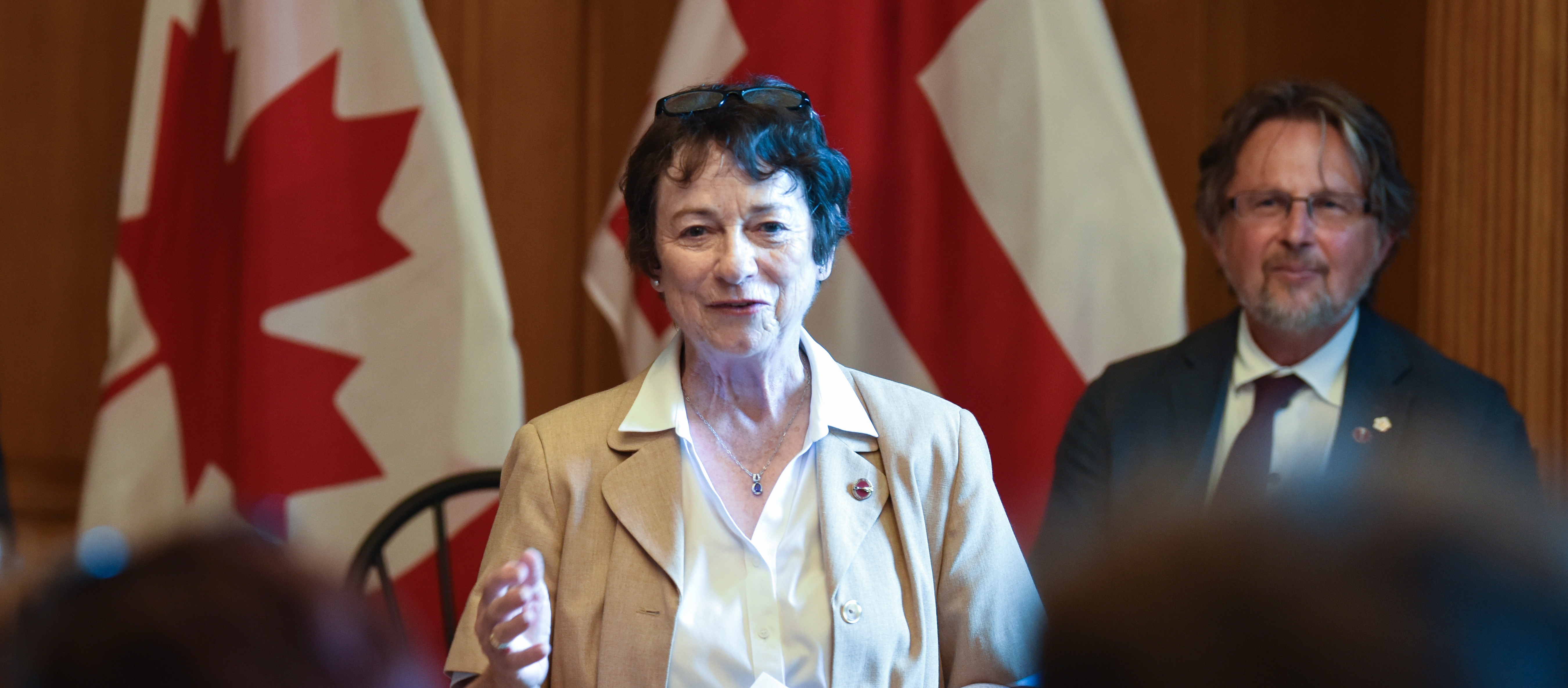
Senator Diane Griffin has worked at all three levels of government and has dedicated much of her life’s work to land conservation issues. Prior to her appointment to the Senate in 2016, she was deputy minister for Fisheries and Environment in Prince Edward Island; she then became program director for the Nature Conservancy of Canada. Senator Griffin has also worked as a natural areas co-ordinator in Alberta and she was a member of the Stratford, P.E.I. town council for 13 years.
As a senator, she has served as chair of the Senate Committee on Agriculture and Forestry and as a member of the Senate Committee on National Security and Defence.
Who inspired you to get involved in public life?
Two people had a big influence on me in that regard. My Uncle Urban was our 4H club leader. Through 4H, I learned public speaking and how to do projects. My uncle was the kind of person who read the newspaper every day and liked to keep up with what was going on in world affairs and to actually discuss it as we were having dinner or out in the field.
The second person, on a bigger scale, was John Diefenbaker. I was a little kid in a two-room country school and John Diefenbaker came on the scene as the new prime minister of Canada in 1957 so he was an exciting new presence — especially because he was from a rural area, with that small town, rural background appeal. He became an inspirational speaker and he wanted to do the best for all Canadians. I remember one program, Roads to Resources, which helped build highways and other infrastructure so that Canada’s resources could be reached.
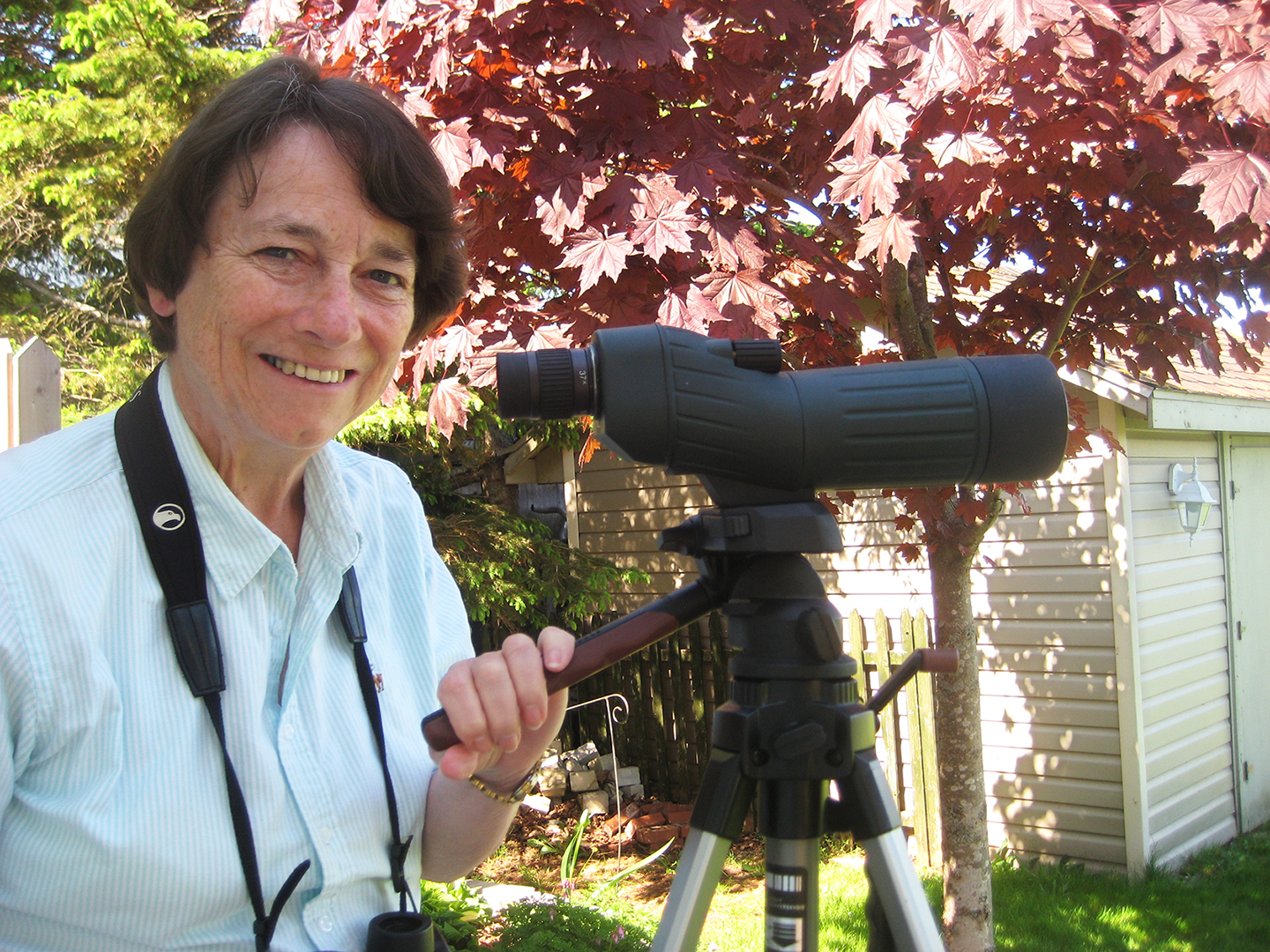
Tell me something that most Canadians don’t know about you.
I’m a hunter. I’ve hunted all kinds of game birds but I’m pretty focused now only on Canada geese. In the past, I’ve hunted ducks, pheasants, ruffed grouse and various species of geese. It’s all conservation-oriented because I would never hunt a rare or endangered species. It’s always strictly within the rules.
Of course, I don’t have much time for it because of the Senate schedule. I like it because it’s an outdoor activity and a lot of my activities are outdoors, like golfing, bird watching and gardening.
What do you think are the biggest public policy issues facing Canada today?
At the moment, pandemic preparedness is an issue. The coronavirus crisis isn’t the only time in the world that there will be a pandemic that will impact Canada and our neighbours. How to be prepared for the next time is something that we’re really going to have to learn from what we are going through with coronavirus.
Another big issue is climate change, which I hope will be back on the radar.
The other big one for me is reconciliation with Indigenous peoples. I think we’ve got quite a distance to go and this is not something that’s going to happen quickly or easily. We’re going to be in this for the long haul.
Why should more Canadians care about what happens in the Senate?
The Senate has a couple of roles that I think are most important. One is that we review legislation that comes from the House of Commons; senators often suggest amendments to improve it. We can also initiate legislation in the Senate. That legislative and oversight role is important.
The second thing is the Senate has always been very well-known for its detailed studies because Senate committees generally have more time to delve into topics than House of Commons committees do.
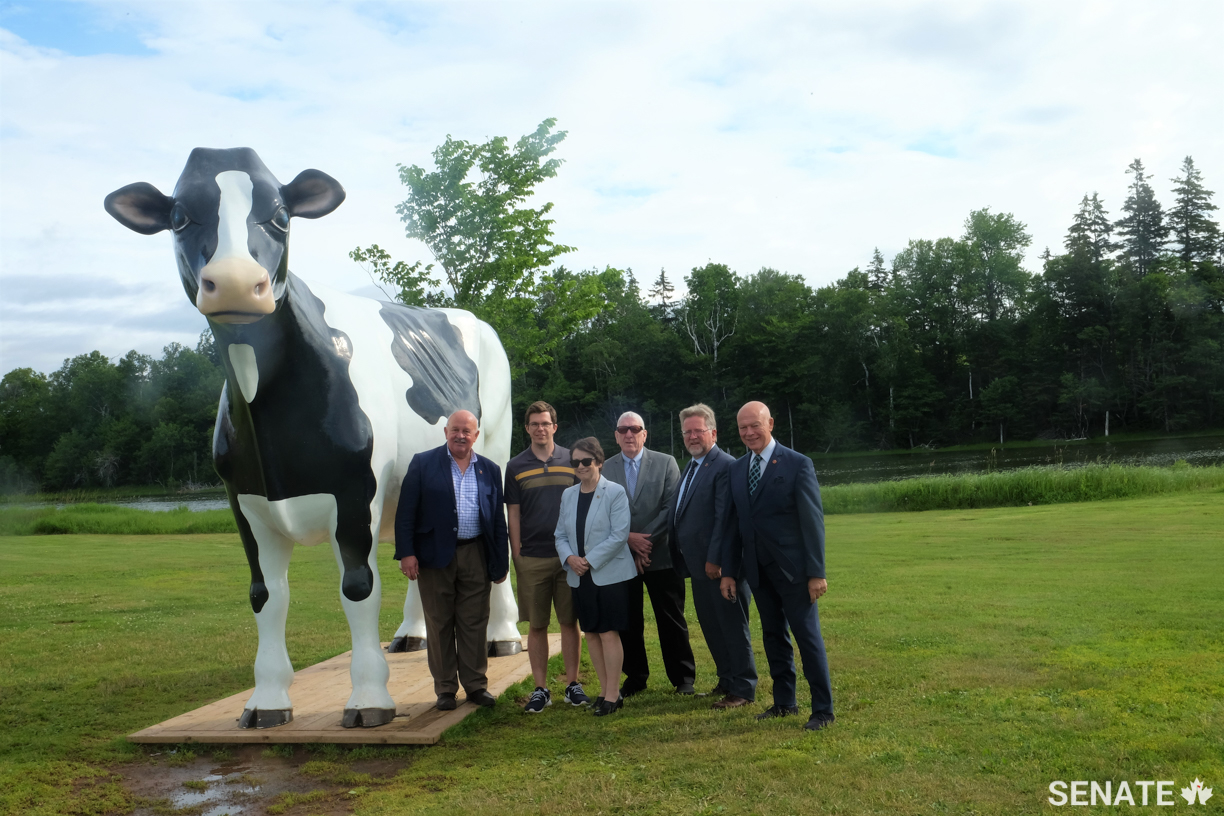
What legislative or committee work are you most proud of participating in to date?
I’m proud of the most recent report from the Senate Committee on Agriculture and Forestry. It’s called Made in Canada: Growing Canada’s Value-Added Food Sector. We did quite an amazing amount of study for it across Canada, including on-site visits. Many expert witnesses appeared before our committee to testify, including people from the Netherlands. They are very progressive in terms of adding value to their agricultural industry.
If we were to implement all the recommendations in the report, I think we’d see more money coming into the Canadian economy. It’s really difficult to get enough workers because farmers and processors are heavily dependent on temporary foreign workers. These workers have become a very important part of the industry because most Canadians don’t seem to want to do these jobs anymore.
Agriculture is a huge part of the Canadian economy and I believe it can be an even bigger contributor. After what our economy is going through now with COVID-19, anything that can be a contributor to the economy afterwards is going to be really important.
Can you name a guilty pleasure song/album that always makes you smile and why?
I love the Nitty Gritty Dirt Band’s “Fishin’ in the Dark.” I really like the beat of the song and fishing is something I’ve always loved doing. I like to dance to the song, too. That band has had that song for a long time. I have nice memories seeing them live when they were in Charlottetown many years ago.
What is a hidden gem in your region that more Canadians need to know about?
There’s a peninsula on the eastern end of the province where you’ll find Prince Edward Island National Park. It’s got beautiful sand dunes, and it’s very important in terms of archaeology. There are great hiking trails and a beautiful beach. It’s fantastic. Parks Canada has done a great job at managing and developing the trails there.
In the 1980s, there was a proposal from New York developers to turn it into a bunch of condos and a golf course, but I helped prevent that from happening in my capacity as executive director of the Island Nature Trust. This is one of the most spectacular natural areas in P.E.I. and it should be protected.
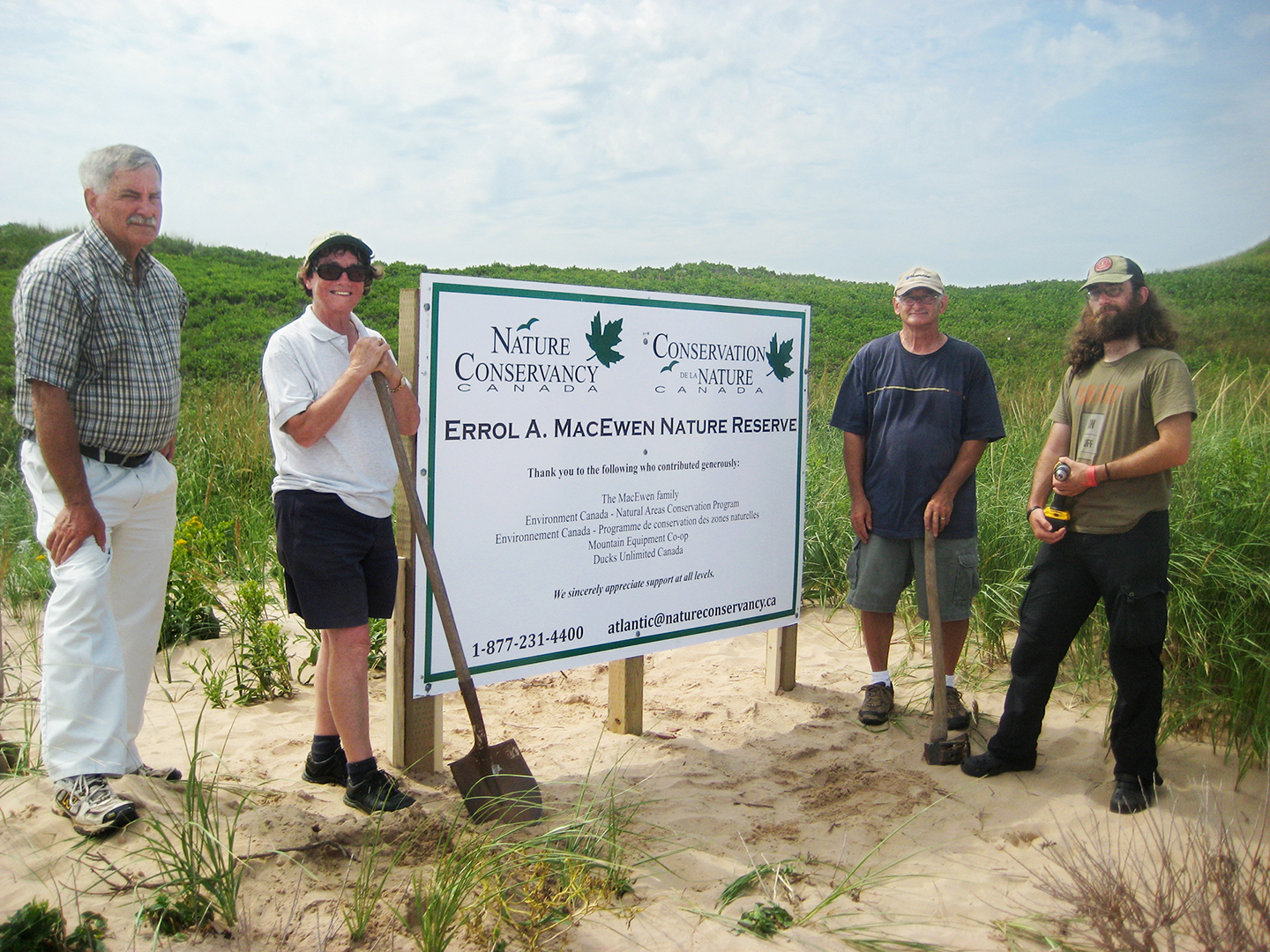
What is the last book you read or movie you saw that you recommended to someone else?
The last movie I saw was Once Upon a Time in Hollywood and I recommended it to my sister. I was intrigued by the story of Sharon Tate. Everything was leading up to her murder, but it was not the ending I was expecting.
What sports team (amateur/professional) do you support?
I was very closely following the Vegas Golden Knights hockey team. What intrigued me about this team were the coaches, who were from Prince Edward Island. But then the two coaches got fired! So, my Vegas Golden Knights jersey is now hanging in the closet, never to be worn again. They’re still a good team but it was the coaches that primarily got me into them. I also had season tickets to the Edmonton Oilers when I lived in Edmonton. It was pretty impressive to watch the magic of Wayne Gretzky and the whole team. I felt really privileged to be there at that time, before I moved home to P.E.I.
Why are you proud to be Canadian?
I think Canada is one of the best countries in the world in which to live. We have democracy, we still have wide open spaces, fantastic wildlife, great sports teams and lots of golf courses. I like them all.
I realize how much I love Canada after returning home from travelling. It’s like that line at the end of The Wizard of Oz, “There’s no place like home.” I’ve been to the Arctic, I’ve been to the Antarctic, I’ve travelled in Europe. I love and am intrigued by wherever I’m travelling to, but there’s no place like home.
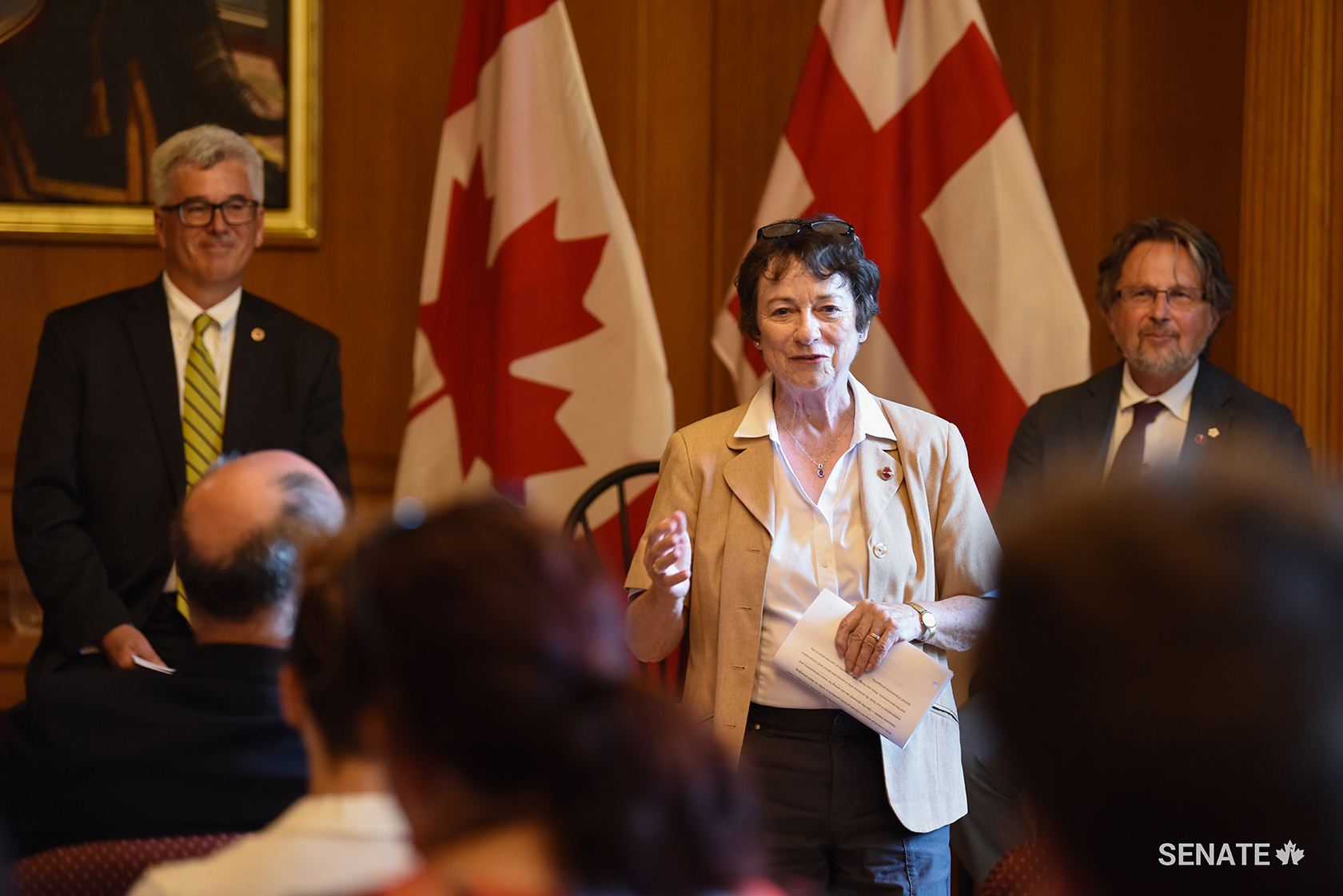
Note to readers: The Honourable Diane Griffin retired from the Senate of Canada in March 2022. Learn more about her work in Parliament.
Related articles
Tags
Committee news
Meet Senator Diane Griffin

Senator Diane Griffin has worked at all three levels of government and has dedicated much of her life’s work to land conservation issues. Prior to her appointment to the Senate in 2016, she was deputy minister for Fisheries and Environment in Prince Edward Island; she then became program director for the Nature Conservancy of Canada. Senator Griffin has also worked as a natural areas co-ordinator in Alberta and she was a member of the Stratford, P.E.I. town council for 13 years.
As a senator, she has served as chair of the Senate Committee on Agriculture and Forestry and as a member of the Senate Committee on National Security and Defence.
Who inspired you to get involved in public life?
Two people had a big influence on me in that regard. My Uncle Urban was our 4H club leader. Through 4H, I learned public speaking and how to do projects. My uncle was the kind of person who read the newspaper every day and liked to keep up with what was going on in world affairs and to actually discuss it as we were having dinner or out in the field.
The second person, on a bigger scale, was John Diefenbaker. I was a little kid in a two-room country school and John Diefenbaker came on the scene as the new prime minister of Canada in 1957 so he was an exciting new presence — especially because he was from a rural area, with that small town, rural background appeal. He became an inspirational speaker and he wanted to do the best for all Canadians. I remember one program, Roads to Resources, which helped build highways and other infrastructure so that Canada’s resources could be reached.

Tell me something that most Canadians don’t know about you.
I’m a hunter. I’ve hunted all kinds of game birds but I’m pretty focused now only on Canada geese. In the past, I’ve hunted ducks, pheasants, ruffed grouse and various species of geese. It’s all conservation-oriented because I would never hunt a rare or endangered species. It’s always strictly within the rules.
Of course, I don’t have much time for it because of the Senate schedule. I like it because it’s an outdoor activity and a lot of my activities are outdoors, like golfing, bird watching and gardening.
What do you think are the biggest public policy issues facing Canada today?
At the moment, pandemic preparedness is an issue. The coronavirus crisis isn’t the only time in the world that there will be a pandemic that will impact Canada and our neighbours. How to be prepared for the next time is something that we’re really going to have to learn from what we are going through with coronavirus.
Another big issue is climate change, which I hope will be back on the radar.
The other big one for me is reconciliation with Indigenous peoples. I think we’ve got quite a distance to go and this is not something that’s going to happen quickly or easily. We’re going to be in this for the long haul.
Why should more Canadians care about what happens in the Senate?
The Senate has a couple of roles that I think are most important. One is that we review legislation that comes from the House of Commons; senators often suggest amendments to improve it. We can also initiate legislation in the Senate. That legislative and oversight role is important.
The second thing is the Senate has always been very well-known for its detailed studies because Senate committees generally have more time to delve into topics than House of Commons committees do.

What legislative or committee work are you most proud of participating in to date?
I’m proud of the most recent report from the Senate Committee on Agriculture and Forestry. It’s called Made in Canada: Growing Canada’s Value-Added Food Sector. We did quite an amazing amount of study for it across Canada, including on-site visits. Many expert witnesses appeared before our committee to testify, including people from the Netherlands. They are very progressive in terms of adding value to their agricultural industry.
If we were to implement all the recommendations in the report, I think we’d see more money coming into the Canadian economy. It’s really difficult to get enough workers because farmers and processors are heavily dependent on temporary foreign workers. These workers have become a very important part of the industry because most Canadians don’t seem to want to do these jobs anymore.
Agriculture is a huge part of the Canadian economy and I believe it can be an even bigger contributor. After what our economy is going through now with COVID-19, anything that can be a contributor to the economy afterwards is going to be really important.
Can you name a guilty pleasure song/album that always makes you smile and why?
I love the Nitty Gritty Dirt Band’s “Fishin’ in the Dark.” I really like the beat of the song and fishing is something I’ve always loved doing. I like to dance to the song, too. That band has had that song for a long time. I have nice memories seeing them live when they were in Charlottetown many years ago.
What is a hidden gem in your region that more Canadians need to know about?
There’s a peninsula on the eastern end of the province where you’ll find Prince Edward Island National Park. It’s got beautiful sand dunes, and it’s very important in terms of archaeology. There are great hiking trails and a beautiful beach. It’s fantastic. Parks Canada has done a great job at managing and developing the trails there.
In the 1980s, there was a proposal from New York developers to turn it into a bunch of condos and a golf course, but I helped prevent that from happening in my capacity as executive director of the Island Nature Trust. This is one of the most spectacular natural areas in P.E.I. and it should be protected.

What is the last book you read or movie you saw that you recommended to someone else?
The last movie I saw was Once Upon a Time in Hollywood and I recommended it to my sister. I was intrigued by the story of Sharon Tate. Everything was leading up to her murder, but it was not the ending I was expecting.
What sports team (amateur/professional) do you support?
I was very closely following the Vegas Golden Knights hockey team. What intrigued me about this team were the coaches, who were from Prince Edward Island. But then the two coaches got fired! So, my Vegas Golden Knights jersey is now hanging in the closet, never to be worn again. They’re still a good team but it was the coaches that primarily got me into them. I also had season tickets to the Edmonton Oilers when I lived in Edmonton. It was pretty impressive to watch the magic of Wayne Gretzky and the whole team. I felt really privileged to be there at that time, before I moved home to P.E.I.
Why are you proud to be Canadian?
I think Canada is one of the best countries in the world in which to live. We have democracy, we still have wide open spaces, fantastic wildlife, great sports teams and lots of golf courses. I like them all.
I realize how much I love Canada after returning home from travelling. It’s like that line at the end of The Wizard of Oz, “There’s no place like home.” I’ve been to the Arctic, I’ve been to the Antarctic, I’ve travelled in Europe. I love and am intrigued by wherever I’m travelling to, but there’s no place like home.

Note to readers: The Honourable Diane Griffin retired from the Senate of Canada in March 2022. Learn more about her work in Parliament.


